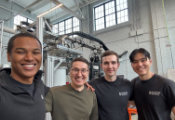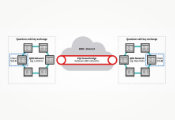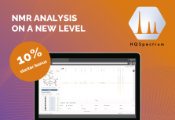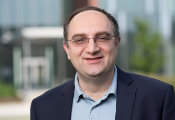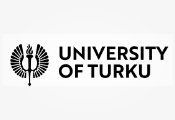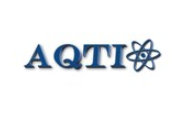D-Wave’s Quantum Workforce Development Initiative Sees Double-Digit Growth in 1H 2024
Calif, July 10, 2024 -- D-Wave Quantum Inc. (“D-Wave” or the “Company”), a leader in quantum computing systems, software, and services, and the world’s first commercial supplier of quantum computers, today announced that enrollment in its quantum training courses has experienced double-digit growth in the first six months of 2024, compared to the same period in 2023. Enrollment in the “Quantum Programming Core” course increased by 53%, and all total enrollments (“Core” + “Foundations for Quantum Programming”) increased by 85%. This remarkable growth underscores a burgeoning global movement to train workers to keep pace with the rapidly increasing adoption of quantum computing.
The urgency to meet increasing demand for quantum programming skills comes amid predictions that less than half of all projected quantum computing job openings will be filled by 2025, according to a McKinsey report. Reinforcing this trend, the demand for in-house quantum computing expertise is cited by businesses actively using quantum computing as a top hurdle to their success, according to a recent 2024 Hyperion Research survey commissioned by D-Wave. In addition, quantum workforce development is now included in nearly all government quantum programs across Australia, Canada, the European Union, Japan, the United Kingdom, and the United States, among others.
D-Wave has created accessible and comprehensive learning solutions to equip professionals with the skills needed for success with quantum in today’s workplace. The “Foundations for Quantum Programming” course helps beginners build math and Python skills before going on to take the mid-level “Quantum Programming Core” course. As part of D-Wave’s global workforce development initiative, the Leap™ quantum cloud service is available to learners in 42 countries, enabling them to use D-Wave software and tools such as the Ocean™ SDK. Additionally, students, staff, and researchers at post-secondary institutions in Canada can access D-Wave technology through the Leap service at no cost, thanks to an expansion of training provided jointly with Canada’s Quantum Algorithms Institute.
Unlike other quantum programming courses that focus on theory and physics, D-Wave’s workforce development initiative is designed to feature practical applications, demonstrating how quantum computing can solve real-world problems today, such as workforce scheduling, logistics routing, production scheduling, and resource allocation. Nearly 90% of students who have taken a D-Wave course recommend it, citing a course structure that is easy-to-follow, with well-designed materials and a practical approach that caters to students with little to no coding background.
“With rapidly increasing demand for quantum-ready talent and a shortage of quantum-trained workers, we’re at a critical crossroads with quantum education,” said Victoria Goliber, D-Wave’s head of technical advising. “Our learning solutions foster an environment of experimentation and innovation that helps streamline and expedite skills training to prepare the workforce now in order to meet the growing need for quantum optimization capabilities.”
“This quantum programming course gave us a really good head start,” said Ege Dinçer, an expert R&D engineer with Yapı Kredi Teknoloji, a technology solutions provider for the finance industry. “The course definitely helped us understand the programming capabilities, the Ocean SDK, and what the results we are getting from the Leap cloud service meant.”
“In most of the data analytics teams, we don't represent problems in a binary format, which is generally required to work with a quantum computer,” said Ziya Dalkılıç, data scientist at Ford Otosan, a joint venture between Ford Motor Company and Koç Holding, an industrial conglomerate in Turkey. “I think it is quite important to learn how to represent those problems in the fashion that a quantum computer needs. This course has been fundamental in providing that knowledge before tackling a real-world problem.”

